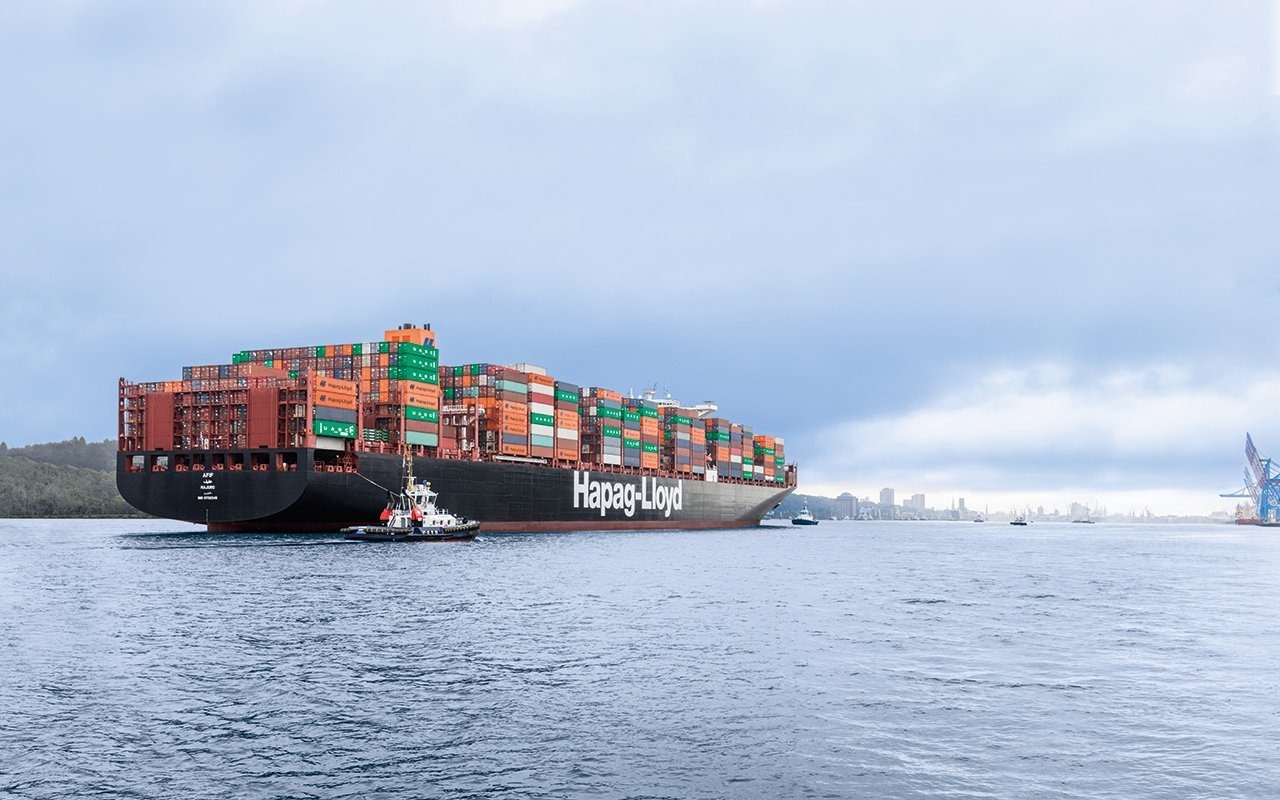
2017 and 2018 were banner years for Trucking in the U.S. As we look to 2019, what can we expect? Most experts seem to point to a slowdown or a cooling off in the coming months. Let’s look at the key factors driving this potential slowdown.
The hottest downturn indicator is the China-U.S. trade relation and tariff uncertainty. China is pumping a tremendous amount of products and freight into the U.S. Obviously, if trade talks go awry and tariffs sore, this will certainly influence the 2019 outlook.
Then there’s our old friend, Driver Shortage. The American Trucking Association reports that the U.S. is currently short of about 50,000 drivers. This continues to hinder growth in the trucking sector. Not only is the driver shortage weighing down sector growth, but the programs and pay raises designed to attract new drivers into the market are hampering trucking company profits. Companies are spending more and more to retain and recruit new talent. These programs can impact rates and put more pressure on market conditions.
Rising insurance premiums and other regulatory constraints are also likely to impact growth. 2018 saw an increase in severe crash litigation, with payouts getting a two-fold raise. Insurance companies will surely take their pound of flesh and raise premiums on fleets to offset this dramatic increase. Fleets will try to relieve some of this pressure brought on by increased premiums by elevating DOT safety ratings, improving fleet maintenance and updating ELD equipment. All these activities influence a carrier’s bottom line, and can impact growth for fleets of all sizes. Again, creating more pricing uncertainty and volatile pricing conditions.
My last point focuses on our Wall Street buddies. The financial sector crushed transport stocks in the 4th quarter. Does Wall Street see something in their crystal ball? Downgrading most trucking players is a clear indicator that they believe 2019 will be sluggish, or at least be off to a slow start.
Conversely, there may be some room for optimism. Data, digital platforms and analytics are all becoming important components of the transportation industry. Companies are doing more with less. Transportation is driven by tech. The industry is disrupted, and many types of innovation are getting implemented.
Trucking is stepping into the future with everything from simple route optimization and visibility technologies all the way to autonomous vehicles. More and more trucking companies are hiring data scientists and technology experts to help them understand their businesses better, and make them leaner. This will clearly help performance and financial gains. Data manipulation, historic forecasts, and real time market analysis will help companies make better business decisions. These activities will help create stability in an overall volatile environment.
Could these new players increase the gains of existing trucking companies? Digital freight marketplaces are creating more direct access to asset capacity for shippers of all sizes. The same can be said for carriers. The markets are giving them a direct connection to an entirely new pool of shippers, essentially cutting out the middle man and improving the interaction between both sides of the market. This could help improve asset margins and shipper profitability.
I’ll end the discussion with another interesting question: how does our cultural move to e-commerce impact transports? In 2018, for the first ever, e-commerce out sold brick and mortar stores. What does this move to final mile and direct to consumer shipping impact the industry as a whole? The freight is still here, it’s still moving but are transports keeping up with this trend fast enough? Maybe we’ll find out in 2019. Trucking is always exciting, and I’m confident that 2019 will have some interesting peaks and valleys. So, we all need to wait and see what 2019 brings.
Our latest articles
-
Subscriber 3 min 24/02/2026Lire l'article -
Hapag-Lloyd - Zim: a shipping deal with geostrategic implications
Lire l'article -
European road freight: the spot market is stalling
Lire l'article



